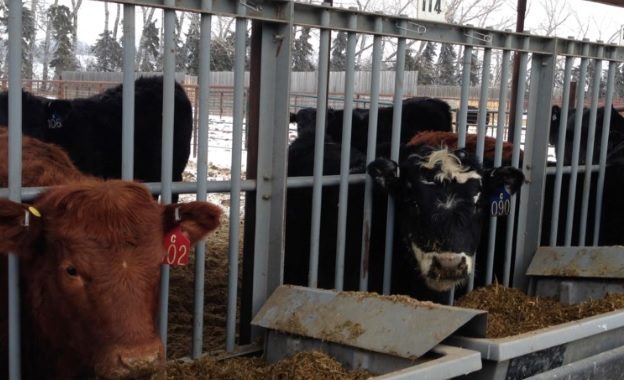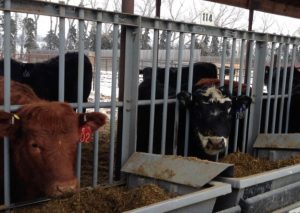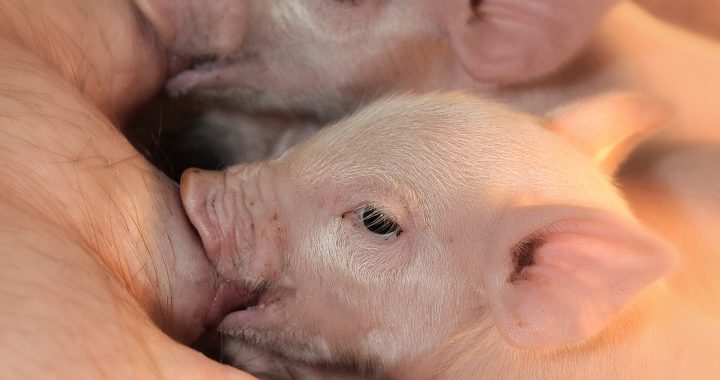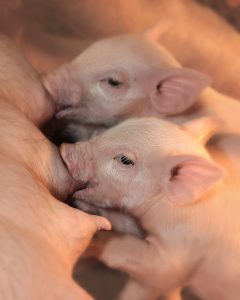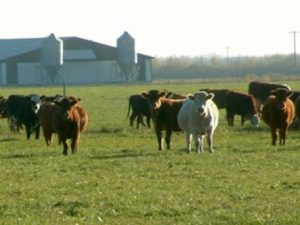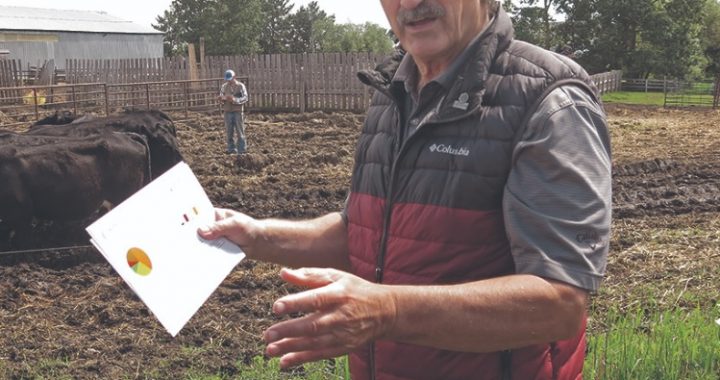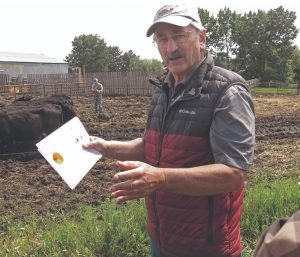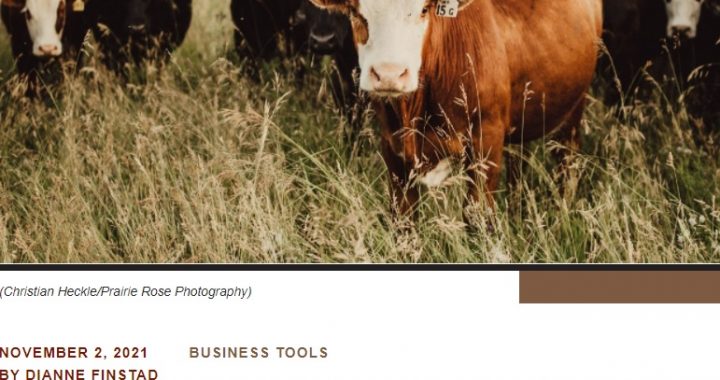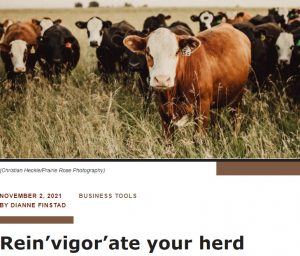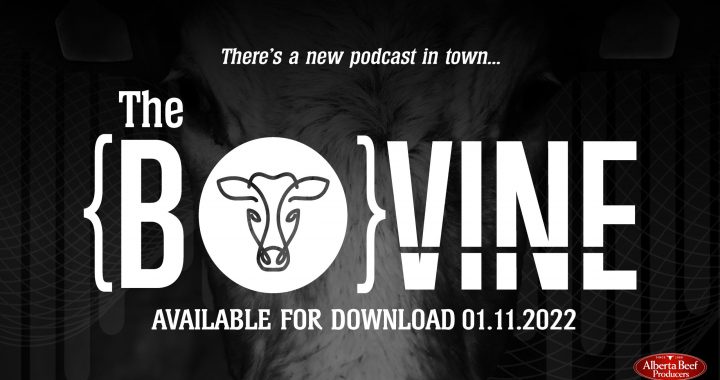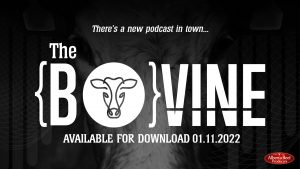In the ever-evolving landscape of agriculture, the future of cattle herds hinges on strategic planning and embracing cutting-edge technologies. Among these technologies, genomics stands out as a powerful tool that can revolutionize the way we manage and optimize our cattle herds. This month’s At The Grill feature by William Torres (storyteller, empathetic connector and resonate catalyst) explores the benefits and potential challenges of genetic selection.
In recent years, advancements in genetic selection have emerged as a powerful tool for improving various traits in livestock, with a significant focus on enhancing carcass quality. Genetic selection enables breeders to target specific characteristics, such as meat quality and yield, leading to more efficient and sustainable beef production systems.
Genetic selection involves choosing breeding animals based on their genetic make-up to pass on desirable traits to their offspring. In the context of beef cattle, this process aims to improve characteristics like growth rate, feed efficiency, and, crucially, carcass quality. Carcass quality encompasses traits such as marbling, tenderness, and lean meat yield, all of which directly influence the marketability and consumer satisfaction of beef products.
One of the key components of carcass quality is marbling, the distribution of intramuscular fat within the meat. Marbling contributes to the tenderness, juiciness, and flavour of beef, making it a highly sought-after trait by consumers and chefs alike. Through selective breeding, geneticists can identify and propagate genes associated with increased marbling, ultimately enhancing the overall quality of beef carcasses.
Tenderness is a critical attribute that greatly influences consumer satisfaction. Genetic selection can target genes associated with muscle structure, collagen content, and other factors affecting tenderness. By focusing on these traits, breeders can produce cattle that yield consistently tender meat, meeting the demands of discerning consumers and ensuring a positive eating experience.
While marbling is crucial for flavour and tenderness, there is also a growing demand for leaner cuts of meat due to health and dietary considerations. Genetic selection allows breeders to strike a balance between marbling and lean muscle development, ensuring that beef cattle produce high-quality meat with optimal fat content. This addresses consumer preferences and aligns with the evolving nutritional awareness of the modern consumer.
Beyond improving carcass quality, genetic selection contributes to the overall efficiency and sustainability of beef production. Cattle with enhanced genetic traits, such as feed efficiency, require less feed to reach market weight, reducing the environmental impact associated with feed production and waste. Moreover, efficient cattle contribute to a more sustainable industry, as they can produce more meat with fewer resources, helping to meet the global demand for protein while minimizing the ecological footprint of beef production.
While genetic selection offers significant benefits, it is essential to address potential challenges and ethical considerations. Maintaining genetic diversity within beef cattle populations is crucial to prevent the unintended consequences of a narrow genetic pool. Additionally, ethical considerations surrounding animal welfare and the use of emerging technologies, such as gene editing, must be carefully evaluated to ensure the responsible application of genetic selection in livestock breeding.
Genetic selection represents a powerful tool for enhancing carcass quality in beef cattle, offering benefits from improved marbling and tenderness to increased lean meat yield. As the global demand for high-quality protein continues to rise, the application of genetic selection in livestock breeding becomes increasingly essential. By carefully selecting breeding animals based on desirable traits, the beef industry can meet consumer preferences and contribute to a more efficient and sustainable future for beef production.


